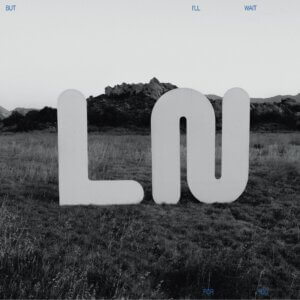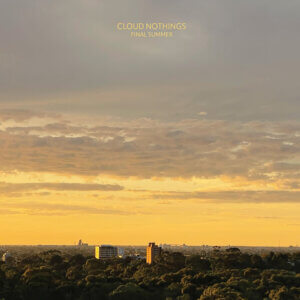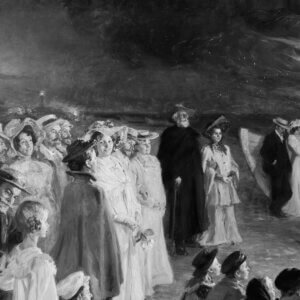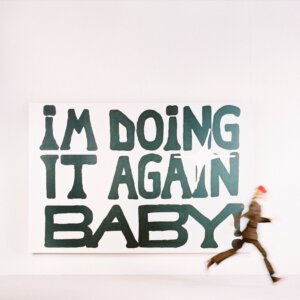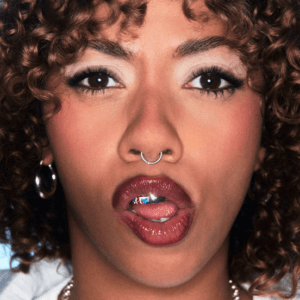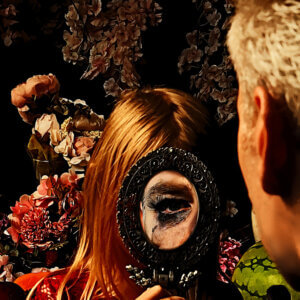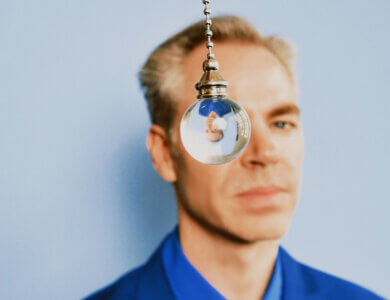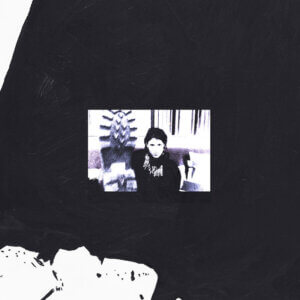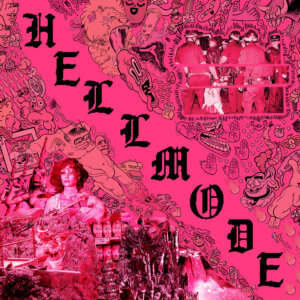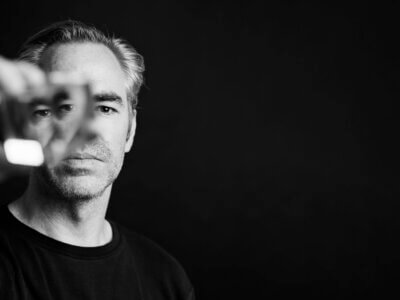Our interview with Ladyhawke
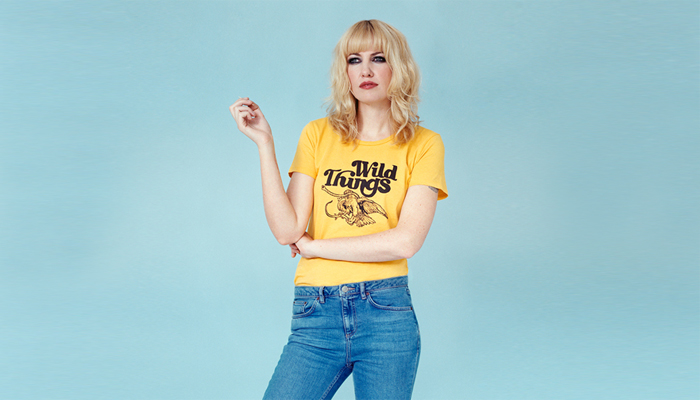
Pip Brown, a.k.a. Ladyhawke is a New Zealand artist based in Los Angeles. After three years, Ladyhawke is following up Anxiety with Wild Things, a long-anticipated third album. As the title suggests, it is a departure from past themes, stripped of inhibitions. Wild Things is pure butterflies. We got a chance to talk to Ladyhawke about the album, love, and healthy creativity.
Wild Things will be released June 3 on Polyvinyl Record Co.
NT: The first single you released off Wild Things was “A Love Song” but I mean, all the songs on the album are love songs. This is a very happy, upbeat and in love album. And in parts, it even seems like a bit of a guide to how to fall in love— I’m thinking of “Sweet Fascination” or “Dangerous.” Was there a conscious effort to make a love album?
L: It really wasn’t, actually. I wasn’t even aware of it until we started putting it out. It’s quite funny, and I do realize it now. It’s a nice thing because it’s good to be able to write something positive as opposed to something dark. I’m glad I was in a happier place while writing this record.
NT: There is a darker song on the album, which seems to be “Money To Burn.” It’s catchy, but it is also a knife. Is there a particular reason why this song made it onto Wild Things?
L: I wanted it to be cheeky. I didn’t want it to be dark, or anything. I live in L.A. and I’m not the most social creature in the world, but I see what goes on. There is a lot of money here and there is a lot of trust-fund kids, a lot of people who seem to have money without actually doing anything. This was my little observation. I wasn’t writing [“Money To Burn”] from any experience. It was more like soothing, really, to observe things happening around me, and put it into the song.
NT: Is it a similar situation with wealth in New Zealand?
L: It is. I think it’s the same everywhere in the world, really. Every country you go to there are rich kids and wealthy families, and it’s actually becoming more so in New Zealand. The richer are getting richer, and the poorer are getting poorer, and I hate that. That’s happening in New Zealand, and that’s a real shame. I don’t really like it, but at the same time I’m just poking fun. I’m also putting myself in it. In [“Money To Burn”] I am placing myself right amongst it. It’s a tongue-in-cheek sort of thing.
NT: It has been several years since you hinted at this album, and five years since Anxiety. What has been the timeline for Wild Things? How has this album grown over that time?
L: I started Wild Things kind of recently actually, in 2014. Recently in the grand scheme of life. I finished it in April or May 2015. It sort of took six months, and that wasn’t me in the studio working every day. That was just me coming in a couple days here and a couple days there, at my own pace. Once I met my collaborator Tom English, it came really quick. We just clicked as a couple of writers. We started writing together and became friends, and it made it really fun to write the record. And easy, as well. I finished touring Anxiety Christmas 2012 and moved straight to L.A. to try to start writing, but it just wasn’t happening. I wasn’t happy with any of the materials. It just felt dark, and I didn’t want it to feel dark, so I had a break and cleaned my act up a bit. I started looking after my body. I stopped drinking, stopped eating crap food. Yeah, I just tried to do some positive things for myself. And then I met Tom. It all just happened, amazingly, at the right time.
NT: Yes, so I want to ask about working with Tommy English on Wild Things. How was that? And which elements of your sound did he encourage?
L: Something we really bonded over was percussion. I started out my music career as a percussionist and a drummer when I was only 11. I played in orchestras and bands all through my teens, so percussion is a big thing for me. I wanted quite a bit of percussion on this album, and so did Tom. We had a lot of fun making the percussion, bringing in different drums. That was something we both agreed on, and went to town on. He’s a really accomplished musician, actually. He’s an amazing pianist. In his studio he has his grandma’s piano, and it’s got the most amazing tone. He would play on it just to get ideas, and I would say, “No, we’ve got to put this on the record.” His playing around on the piano actually gave the album a sort of sound that I was really excited about.
NT: I want to follow up on the comment about drinking. There is a romantic and destruction notion that creativity is somehow tied to substances like drugs or alcohol. For this album you actually gave up alcohol. Do you feel like that decision has changed the way you approach creativity and songwriting?
L: Being a career musician, you’re encouraged to partake. You’re encouraged to drink and party. It’s this thing that you’re just supposed to do because you’re a musician. And once you’re in that, it is so hard to get out of. It is a trap really. Most artists and musicians I know are prone to anxiety and depression. All my peers, we all bond over the same shit— depression, anxiety, stress, all that stuff. You drink to get away from it. You can’t not drink. I think I realized very quickly that my drinking wasn’t productive for me. It was destructive. It was distracting me from my own career. I realized my songwriting was better without it. Literally, as soon as I stopped drinking and had a couple months healthy again, I felt really inspired and creative. I got the joy back.
NT: All the songs have a quality to them that seem well-suited for radio play. How important is radio accessibility for your music?
L: I’ve never really had much radio. [Ladyhawke has] always been on the fringe of the pop and indie world. In the past my songs have been on college radio or indie stations, but I’ve never really made it to pop radio, and I never thought I would. It’s funny— you make these songs, and on the album they are slightly longer than the singles because they get edited for the radio. I hate it because it feels like someone is axing your baby, or something. For the radio version of “A Love Song” they will cut out the intro, or cut down a bridge or something, to make it fit for the radio. Radio people now want stuff quicker and quicker. You used to be able to get away with making a 4 and a half minute song and now it’s like, “Oh no, it’s pushing three minutes!” So I never try to make stuff for radio, but they’re going to cut it down anyway if it is deemed worthy for radio. They will be sliced.
NT: In your opinion, what makes a good pop song?
L: Something that you can’t get out of your head. I love ear worms— a really catchy hook, something you sing, or a keyboard line. Something that always comes to mind is Hall & Oats. I just love Hall & Oats. I think every song they do is an ear worm. Even if you don’t know the lyrics, you know the melody, you know how it goes, you know the little drum machine bits and the keyboard bits. But yeah, I love a good hook— something that makes people feel those butterflies, that excited feeling people get when you hear a song you really like. That’s what I try to do when I write my songs.
NT: There is strength and power in a name, especially when people choose their own names. The name Ladyhawke is inspired by Michelle Pfeiffer’s character in Ladyhawke, where she is a hawk by day and her lover is a wolf by night. Do you still identify with this name, and what sort of power do you gain from it?
L: Yeah, I’m so stuck with this name. It’s funny, I was calling myself Ladyhawke for a really long time. I am a huge Michelle Pfeiffer fan anyway, she’s just so cool. And that for me was a perfect name. I’m not an extrovert. I struggle to get on stage. I struggle performing in front of people. I like the idea that I can be Ladyhawke on stage, and Ladyhawke during interviews or t.v. things. I like that. It’s quite good for my sanity. I never wanted to be called my name. Pip Brown doesn’t roll of the tongue as good as Ladyhawke.
NT: Your five essential albums?
L:
Michael Jackson — Off The Wall
David Bowie — Hunky Dory
Electric Light Orchestra — Time
The Beatles — Revolver
Stevie Wonder — Songs in the Key of Life
Interview by Brit Bachmann
Latest Reviews
Tracks
Advertisement
Looking for something new to listen to?
Sign up to our all-new newsletter for top-notch reviews, news, videos and playlists.
